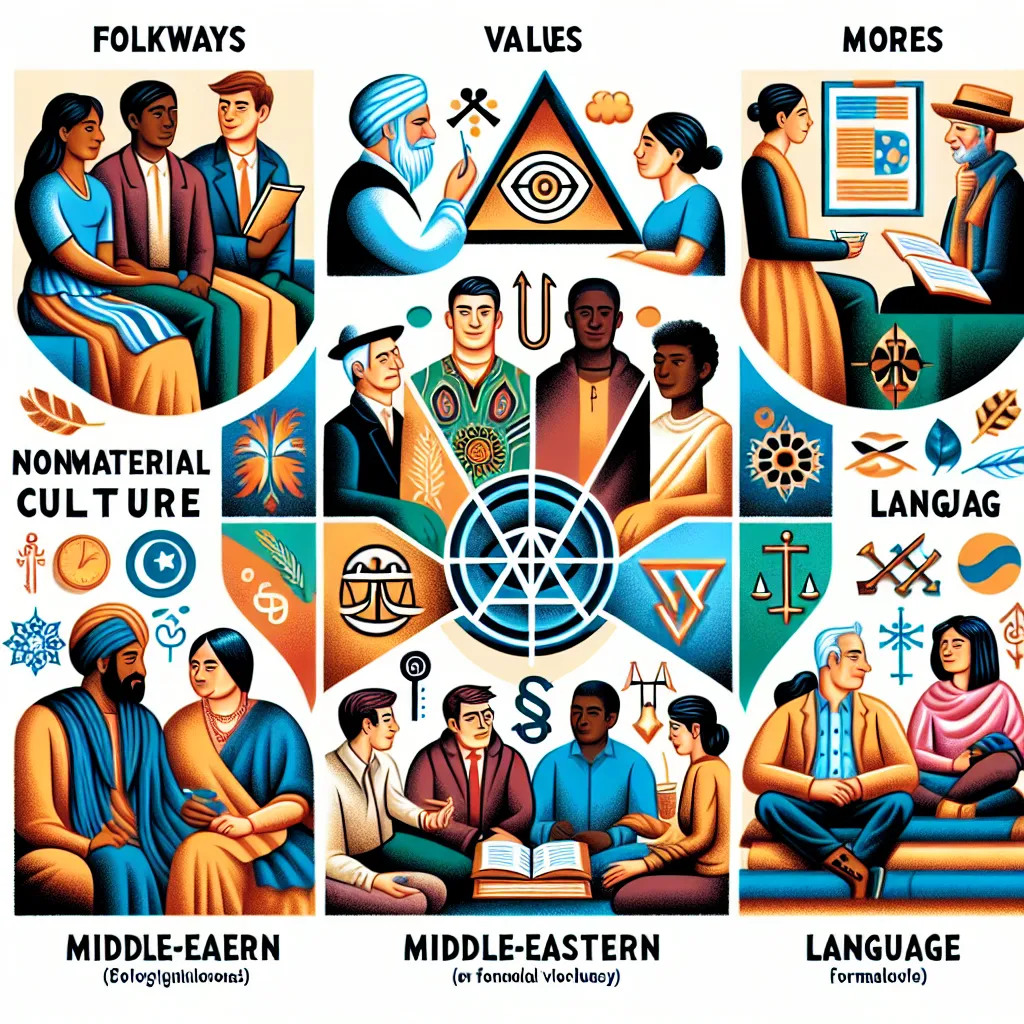Ask AI on The Internet
Question: Give a short definition or description, or tell me who the person was. Sociology Theoretical Perspective Functionalism Manifest Function Latent Function Conflict Perspective Symbolic Interaction Charles Horton Cooley George Herbert Mead Symbol Herbert Blumer Dramaturgy Erving Goffman Auguste Comte Positivism Social Statics Social Dynamics Law of Three Stages Theological Stage Metaphysical Stage Positive Stage Harriet Martineau Herbert Spencer Social Darwinism Charles Darwin Karl Marx Bourgeoisie Proletariat Emile Durkheim Mechanical Solidarity Organic Solidarity Max Weber Rationalization Verstehen Jane Addams W.E.B. DuBois Sociological Imagination C. Wright Mills
Certainly! Here are brief descriptions of each term or person: **Sociology**: The study of human society, social behavior, and social institutions. **Theoretical Perspective**: Fundamental assumptions about society that guide sociological thinking and research, such as functionalism, conflict theory, and symbolic interactionism. **Functionalism**: A theoretical perspective that views society as a complex system whose parts work together to promote solidarity and stability. **Manifest Function**: The intended and recognized consequences of a social process or institution. **Latent Function**: The unintended and often unrecognized consequences of a social process or institution. **Conflict Perspective**: A theoretical perspective that focuses on the struggles between groups within society, often highlighting inequality, power, and change. **Symbolic Interaction**: A theoretical perspective that focuses on the symbols and details of everyday life, how people communicate, and how they make sense of their social interactions. **Charles Horton Cooley**: An American sociologist known for his concept of the "looking-glass self," which suggests that a person's self grows out of interpersonal interactions and the perceptions of others. **George Herbert Mead**: An American philosopher and sociologist recognized for his work on the development of self and the concept of the "generalized other." **Symbol**: Anything that carries a particular meaning recognized by people who share a culture. **Herbert Blumer**: A sociologist and student of George Herbert Mead, known for coining the term "symbolic interactionism." **Dramaturgy**: A sociological perspective developed by Erving Goffman that views social life as a theatrical performance where individuals present themselves in ways that will be accepted by others. **Erving Goffman**: A Canadian sociologist known for his analysis of social interaction and his development of the concept of dramaturgy. **Auguste Comte**: A French philosopher who is considered the father of sociology and the founder of positivism. **Positivism**: A philosophical theory that asserts that knowledge should be derived from scientific observation. **Social Statics**: The study of social stability and order. **Social Dynamics**: The study of social change and progress. **Law of Three Stages**: A theory proposed by Auguste Comte suggesting that human societies develop through three stages: theological, metaphysical, and positive. **Theological Stage**: The first stage in Comte's theory, where society explains phenomena through religious or supernatural means. **Metaphysical Stage**: The second stage in Comte's theory, where society explains phenomena through abstract philosophical concepts. **Positive Stage**: The final stage in Comte's theory, where society explains phenomena through scientific reasoning and the use of positive knowledge. **Harriet Martineau**: A British social theorist and the first female sociologist, known for her work on social issues and her translation of Comte's work into English. **Herbert Spencer**: An English philosopher and sociologist who applied the theory of natural selection to society, coining the term "survival of the fittest." **Social Darwinism**: The application of Charles Darwin's theory of natural selection to social, political, and economic issues, suggesting that only the fittest survive in human political and economic struggle. **Charles Darwin**: An English naturalist and biologist known for his theory of evolution by natural selection. **Karl Marx**: A German philosopher, economist, and sociologist known for his critique of capitalism and his theory of historical materialism. **Bourgeoisie**: The capitalist class who own the means of production and exploit the proletariat in Marxist theory. **Proletariat**: The working class who do not own the means of production and are exploited by the bourgeoisie in Marxist theory. **Emile Durkheim**: A French sociologist who established the academic discipline of sociology and is known for his studies on social integration, collective consciousness, and the division of labor. **Mechanical Solidarity**: A form of social cohesion that arises when individuals in a society maintain similar values and beliefs and engage in similar types of work, often found in traditional societies. **Organic Solidarity**: A form of social cohesion that arises when individuals in a society perform a wide variety of specialized jobs and rely on each other, typical of modern industrial societies. **Max Weber**: A German sociologist known for his work on rationalization, bureaucracy, and the Protestant ethic and the spirit of capitalism. **Rationalization**: The process by which traditional modes of thinking are replaced by an ends/means analysis concerned with efficiency and formalized social control. **Verstehen**: A German term meaning "understanding" or "interpretive understanding," used by Weber to describe the process by which sociologists aim to understand social action from the point of view of the actors. **Jane Addams**: An American social worker, sociologist, and reformer known for founding Hull House and her work in advancing social justice. **W.E.B. DuBois**: An American sociologist, historian, and civil rights activist known for his work on race relations and his concept of "double consciousness." **Sociological Imagination**: A term coined by C. Wright Mills that describes the ability to see the relationship between individual experiences and larger social influences. **C. Wright Mills**: An American sociologist known for his work on sociological imagination and his critique of the power elite in society. These brief descriptions should provide a quick overview of each concept and individual related to sociology.
Think your answer is better than the AI's? Post it below.
Other Most Relevant Posts:
 1. **C**
2. **I**
3. **F**
4. **F**
5. **I**
6. **C**
7. **F**
8. **F**
9. **C**
10. **F**
11. **I**
12. **I**
13. **F**
14. **C**
1. **C**
2. **I**
3. **F**
4. **F**
5. **I**
6. **C**
7. **F**
8. **F**
9. **C**
10. **F**
11. **I**
12. **I**
13. **F**
14. **C**
 ### Symbolic Interactionism in Families
### Parsons' AGIL Model Decoded
### Conflict Theory in Society
### Symbolic Interactionism in Families
### Parsons' AGIL Model Decoded
### Conflict Theory in Society
Question Tags
If you want your question answered by an AI, click here.





Post your own comment: